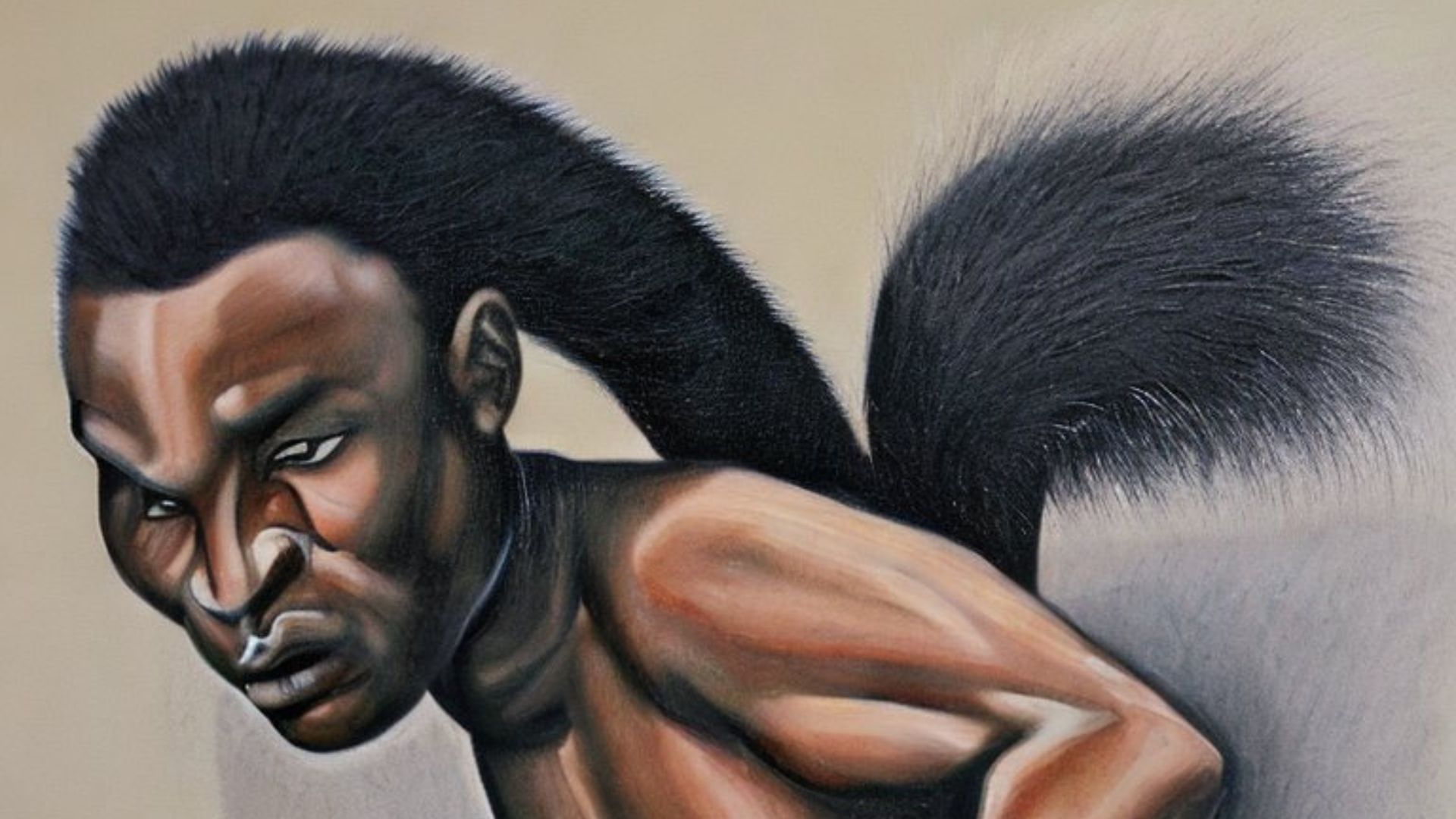Let’s get better together. Be wiser learn life hacks from simple, insightful moral sayings and advice passed on from our forefathers. Join us as we explore the meaning of the Luhya proverb “Owashio ni shikumba sha’fire – A fellow wrestler is a skunk’s bone, you break it or it breaks you”. In this journey, not only will you get to know similar Luhya proverbs, but you’ll be inspired and transformed by honest morals and conscientious values drawn from Luhya culture.
Owashio ni shikumba sha’fire translation of words in English
Owashio is “a contemporary”/”another”/”fellow person”
Shikumba is “bone”
Luhya-English Dictionary ↗
Learn Luhya words their synonyms, variations in Luhya dialects, pronunciations, translation, similar sounding bantu words and cultural importance with our free forever Luhya-English dictionary and Thesaurus. Get to contribute by joining the discussion in the comments section and together let’s preserve and grow the rich Luhya language.
How to say it
The moral and meaning of this Luhya proverb
The African proverb from the Luhya of Kenya “A fellow wrestler is a skunk’s bone, you break it or it breaks you- owashio ni shikumba sha’fire.” that uses a wrestling reference to describe the challenges and difficulties that we face in life. The proverb suggests that, just like a wrestler who must grapple with an opponent, we must also grapple with the challenges and obstacles that come our way. The proverb implies that we have two choices when facing these challenges: we can either break them, or they can break us.
The moral of this proverb is that we must be strong and resilient in the face of adversity or we will be broken. When facing adversity, we must be willing to fight and overcome the challenges coming our way. It implies that, just like a wrestler who must use all of their skill and strength to overcome the skunk’s bone, we must also use all of our abilities and resources to overcome the challenges that we face. Ultimately, the proverb reminds us that we are in control of our own destiny, and that we have the power to overcome any obstacle that comes our way.
The culture
Before colonialism, and its attempt at centralizing and controlling sports, the Luhya enjoyed wrestling both as a leisure and competitive activity. Men who triumphed in wrestling were celebrated by the community as they were a moral symbol of masculine ethnic pride. In today’s terms, we would call them omundu strong. These men were also considered champions of the community’s culture. Today, cultural events such as the Samia Sports and Cultural Festival showcase the sport of wrestling in an attempt at preserving and promoting Samia culture.
Similar Luhya proverbs to Owashio ni shikumba sha’fire from across mulembe
Kindly note that some of the proverbs listed below maybe simply versions of “owashio ni shikumba sha’fire” in other Luhya dialects. However, we do encourage you to explore the meaning of the listed proverbs. This is because as nuances in translation, meaning and sometimes in culture do exist; and these offer interesting insights to Luhya culture and language.
Coming Soon
Still craving more wisdom? Get educated and inspired by our growing collection of Luhya proverbs and sayings
Drawn from all over mulembe, these proverbs express deeply held beliefs shared by the different Luhya subtribes. Get to know more about this honest African culture famed for its love of peace, by combing through our library highlighted using the links below
- Which are the most popular Luhya proverbs? Want to know which Luhya sayings are trending, and are telling of the zeitgeist of the times? This and more in our dedicated page: Luhya proverbs and sayings
- Interested in Bukusu proverbs and sayings? Check out our page on Bukusu proverbs and sayings.
- Maragoli culture is rich and full of wisdom for modern living. Get to enrich your Lulogoli as you pick wisdom for everyday living from our growing collection in the page: Maragoli proverbs and sayings.
- Maybe you are interested in Abanyala proverbs and sayings to get your message across and spice things up when speaking Luhya? Find our growing collection in the page: Abanyala proverbs and sayings.
- Then there are those Luhya proverbs and sayings that have come about as a result of our experience of modern living inspired by the spirit of mulembe. These figures of speech have become so popular that they have become part of the modern Kenyan, East African and hopefully soon, everyday speech of the 21st century African. See of growing collection of: Contemporary Luhya proverbs and sayings.
Subscribe to Mulembe Weekly
Get culture, language, stories and discussions in your inbox every Friday 5 PM East Africa Time

